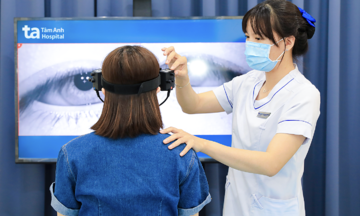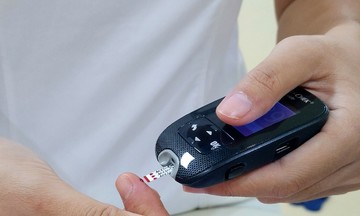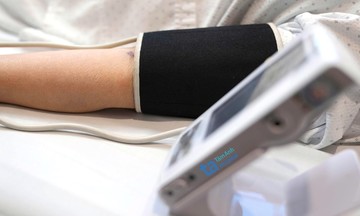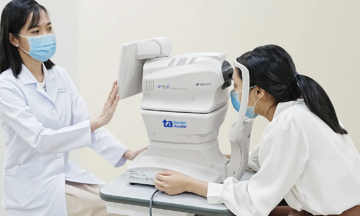Answer:
Bell's palsy, a form of facial paralysis, results from damage to the facial nerve, causing weakness or loss of facial muscle movement. This condition can be triggered by sudden exposure to cold, viral infections like the flu or shingles, middle ear infections, head or face trauma, or even brain injuries such as tumors pressing on the nerve. Common symptoms include sudden facial drooping on one side, the mouth twisting towards the unaffected side, inability to close the eye completely, difficulty wrinkling the forehead, and trouble puffing out the cheeks. Some individuals experience difficulty eating and drinking due to drooling and food falling out of the mouth.
With early detection and proper treatment, individuals with Bell's palsy can recover well. The extent of recovery depends on the severity of the nerve damage, the patient's age, and how quickly treatment begins. Younger individuals with mild cases who receive prompt treatment often experience a near-complete recovery. Conversely, older patients with severe paralysis, accompanied by reduced saliva production and impaired taste, who delay seeking medical attention have a higher risk of lasting effects.
Self-treatment is not recommended, as the condition won't fully resolve on its own. If you have a drooping mouth, difficulty closing your eye, and have been diagnosed with Bell's palsy, consult a neurologist for a thorough assessment of the nerve damage and appropriate treatment.
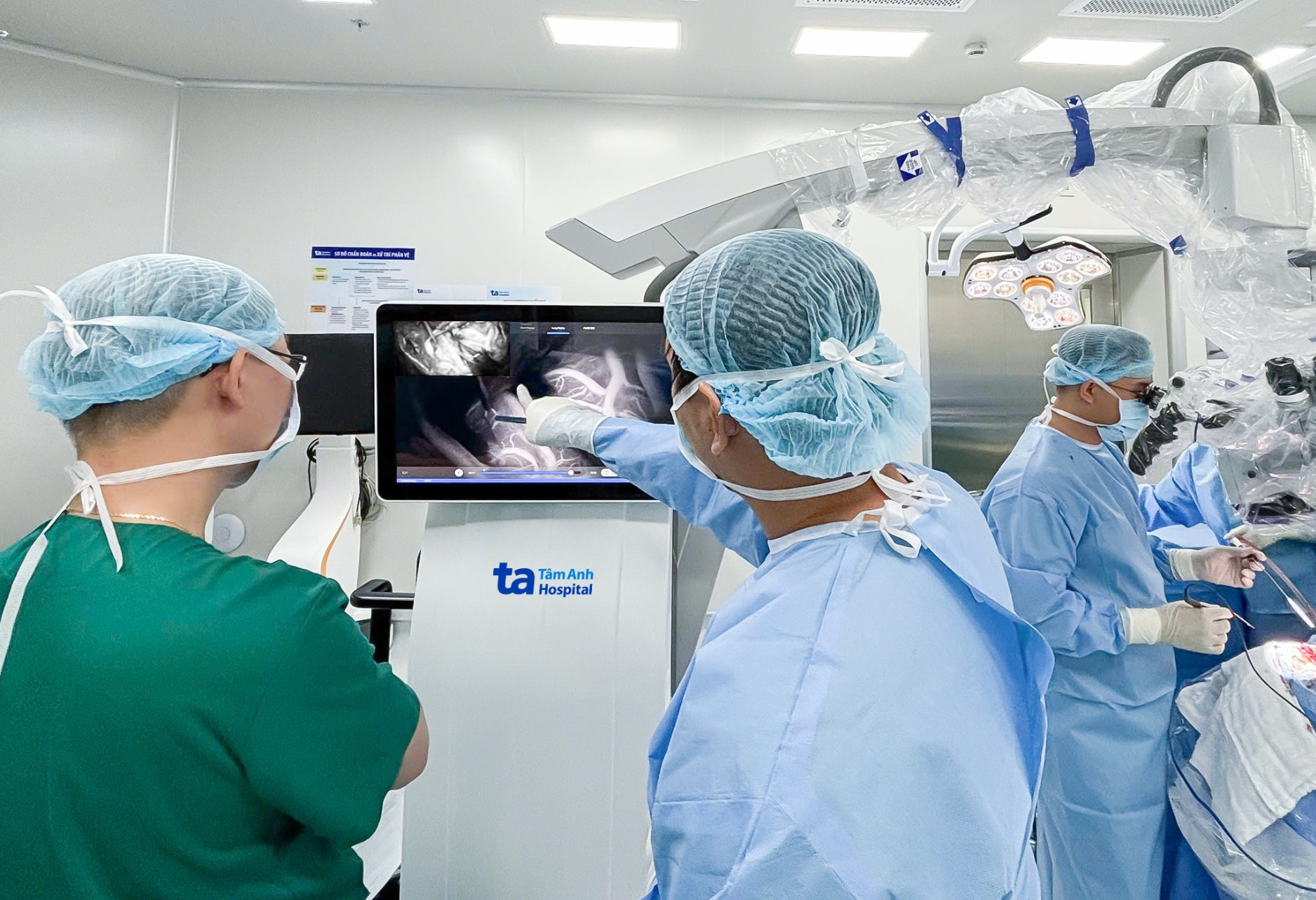 |
A doctor monitors brain tumor surgery affecting the facial nerve using an AI-integrated surgical microscope. Photo: *Tam Anh General Hospital* |
There is no universal treatment plan for all cases. Doctors may utilize medication, physical therapy, eye protection measures, or surgical intervention when necessary. In the acute phase, during the first 1-4 days, doctors may prescribe anti-inflammatory medication to reduce swelling around the nerve. If the eye cannot close completely, eye drops or other protective measures will be prescribed to prevent corneal ulcers. In addition to medication, patients may be advised to engage in physical and speech therapy, as well as facial exercises to improve movement, communication, and minimize the risk of long-term effects. If the condition persists or recurs, surgery may be considered.
If you experience facial drooping, uneven forehead wrinkles, or difficulty closing your eye, seek immediate medical attention for prompt diagnosis and treatment. Avoid delays, as this can reduce the chances of full recovery, increase the risk of complications, and negatively impact daily life, communication, and appearance. Using advanced equipment, doctors can accurately diagnose the cause, intervene when necessary, minimize damage to healthy tissue, and shorten recovery time.
Mai Hoang Vu, MD, PhD
Department of Neurosurgery - Spine
Neuroscience Center
*Tam Anh General Hospital* Ho Chi Minh City
| Readers can submit questions about neurological conditions here for doctors to answer. |



